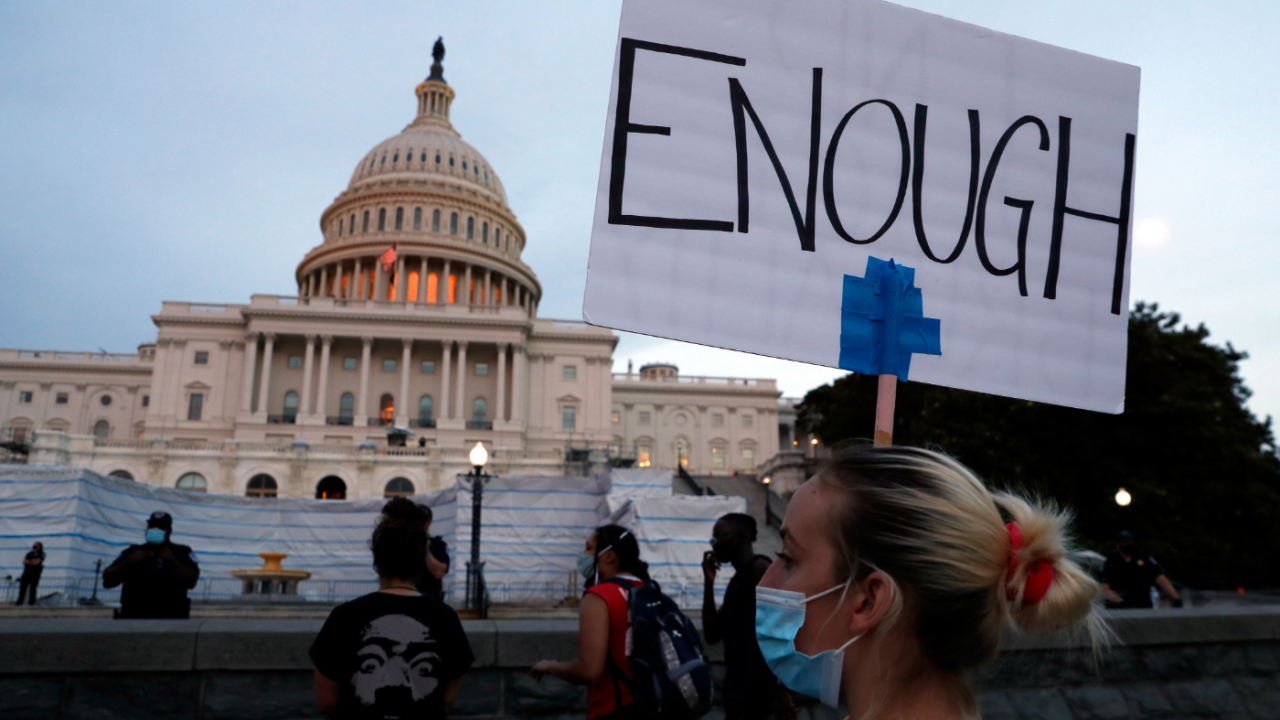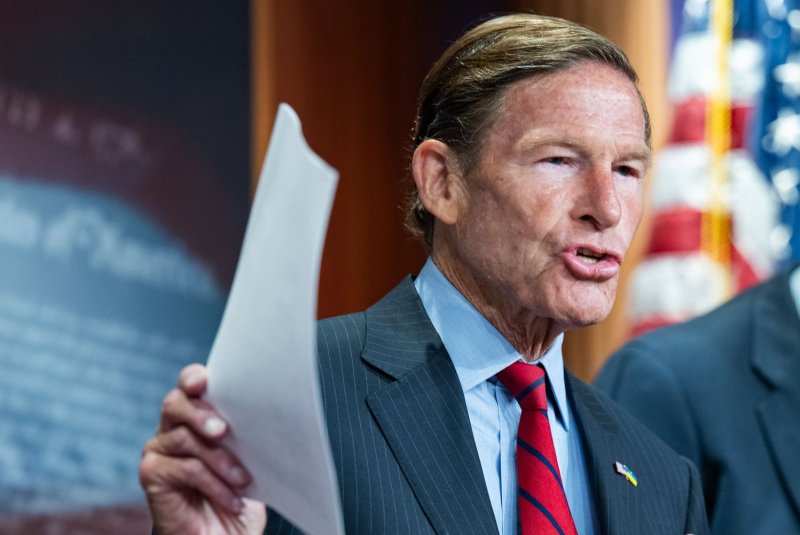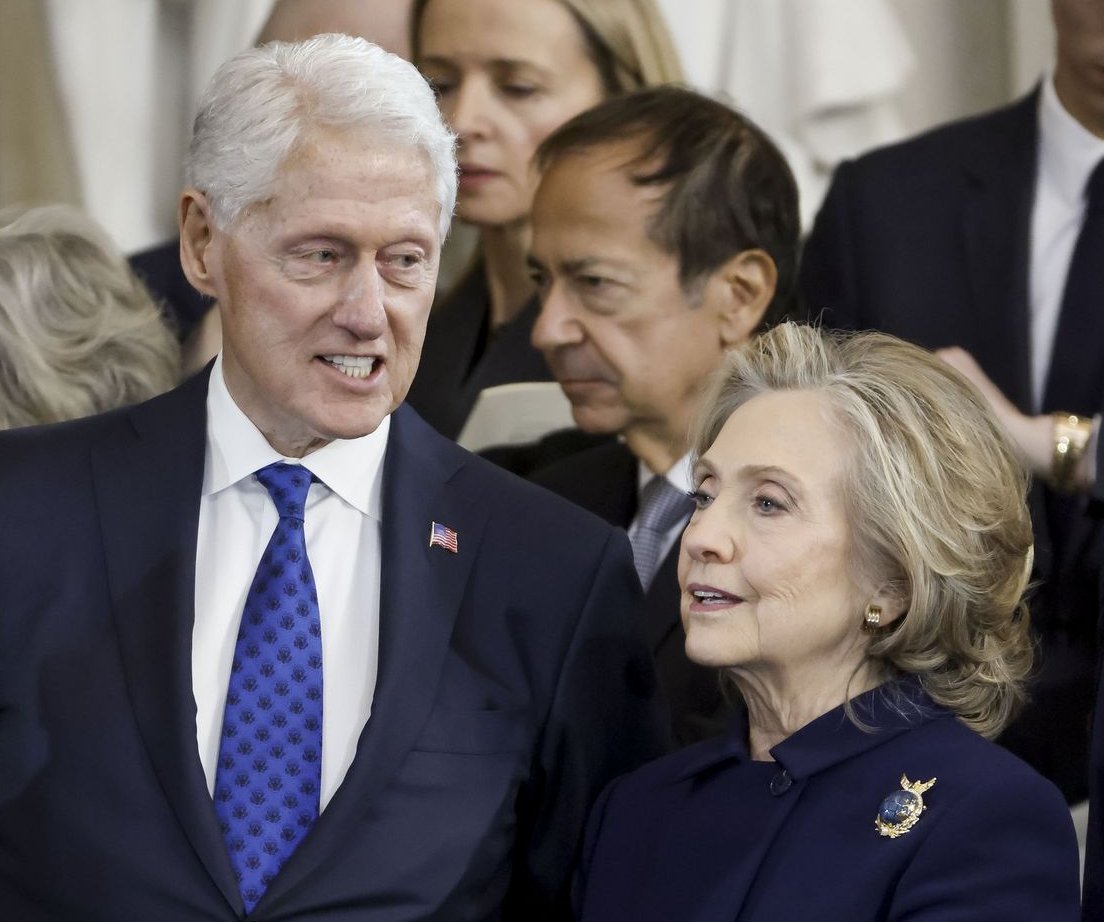The 118th Congress has been one of the least effective in American history. Just 27 laws were passed last year, the lowest annual number in decades.
To put that in context, 2023 was part of a 12-year downward spiral for productivity in Washington — since 2011, Congress has had five of its six most unproductive first years ever — and America’s legislature is on track to be just as ineffectual in 2024.
Earlier this month, Congress once again relied on a continuing resolution to avert a government shutdown, rather than passing a budget deal to set U.S. spending for a fiscal year that actually began months ago, on Oct. 1. This practice has become all too common in American politics, where a government shut down is always on the horizon and party politics trump real policy-making.
The recent immigration legislation fiasco is proof of the latter. A bipartisan group of senators had worked to negotiate a border security bill, which would have been the strongest immigration law passed in several decades, at a time when Americans are deeply concerned about the migrant crisis. Even though members of both parties, including the most conservative senators in the country, supported it, Republicans ultimately killed the bill so they could use the issue as a political weapon against Democrats in next year’s election.
This petty partisanship and gridlock have had a deleterious impact on public opinion of government, according to a new national survey conducted by Schoen Cooperman Research in partnership with the George Washington University’s Graduate School of Political Management, the National Association of Government Communicators and Ragan Communications. The survey finds that most Americans do not have confidence in their government to function effectively or communicate honestly.
There is widespread pessimism toward the government among the American people. Majorities of U.S. adults do not trust the government to do what is best for the country (60 percent), view the government as ineffective (63 percent) and believe the government largely makes decisions based on political reasons, not the public interest (78 percent).
Stemming from this broader distrust, the public also lacks confidence in the information coming from the government, according to the poll. Approximately two-thirds of U.S. adults believe the government is ineffective at public communications (62 percent) and do not trust the government’s messaging “much” or “at all” (69 percent), largely because it is seen as having self-serving interests.
Public trust in government could very well continue to erode absent a broader shift in our politics, as well as a more concerted effort by the government — specifically, communications professionals who work in government agencies and entities — to remedy its relationship with the public.
To understand how this might be achieved, in addition to questioning U.S. adults, our survey also assessed attitudes among communications professionals who work at government agencies or entities and those employed by government-adjacent private companies.
The survey reveals a major discrepancy between how the American public actually views the government’s messaging versus how communications professionals who work in the government think the public perceives it.
Among communications professionals who work in government, majorities believe the government is effective at communicating with the public (58 percent) and that the public trusts the information that comes from the government (51 percent). This is in stark contrast to the strong pessimism expressed by U.S. adults who were surveyed.
There is also a discrepancy between the public and these professionals’ perceptions of why the public might lack trust in the government’s messaging. While communications professionals point to broader societal forces and problems with the communications itself — citing “polarization,” “misinformation” and “poor communications styles” as top reasons — the American public has a far more nefarious view of government, which they view as “dishonest” and having “self-serving interests.”
Put another way, the professionals in charge of communicating to the public are misdiagnosing the problem at hand, which makes it much harder to solve. That being said, when asked how the government can improve its messaging, both U.S. adults and communications professionals recognize that increasing “transparency” is of paramount importance. Professionals also identify internal fixes they could implement to achieve this broader goal, such as more “timeliness” and “simplicity” in messaging.
But before these professionals embrace the one “internal fix” that is on everyone’s mind — artificial intelligence for public communications — public opinion must be taken into account. Six in 10 U.S. adults believe the government should not use AI, given the privacy risks, while just 2 in 10 think the government should use this tool to improve efficiency, according to the survey.
In addition to fixing how the government communicates with the public, to build back public trust in our institutions, elected officials on both sides have a great deal of work to do to halt this never-ending cycle of tit-for-tat politics, where no real progress is achieved.
If our leaders fail to do so, public distrust in government will fester and could plunge to crisis levels in the near future.
Carly Cooperman and Douglas E. Schoen are pollsters and partners with the public opinion company Schoen Cooperman Research based in New York. They are co-authors of the book, “America: Unite or Die.”




